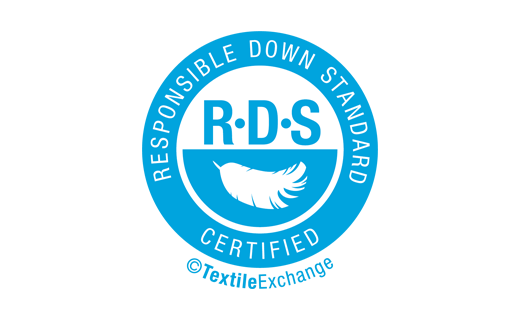The Responsible Down Standard is an independent, voluntary global standard, which means that companies can choose to certify their products to the RDS, even if there is no legislation requiring them to do so.
Product Certification Archives - 26 years of international certification in 2020
Oct
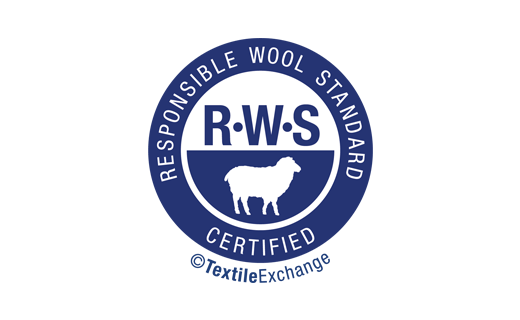
Responsible Wool Standard (RWS – Supply Chain Certification)
The Responsible Wool Standard is a voluntary standard that addresses the welfare of sheep and the land they graze on. The RWS requires all sites to be certified, beginning with the wool farmers and through to the seller in the final business to business transaction.
Oct
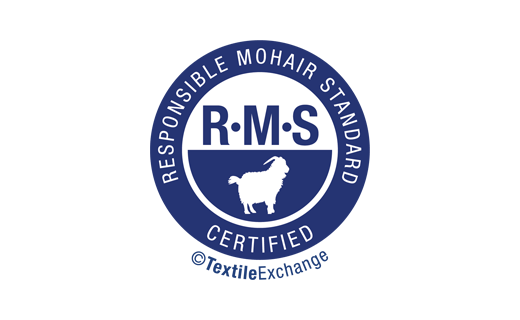
Responsible Mohair Standard (RMS – Supply Chain Certification)
The Responsible Mohair Standard is a voluntary standard that addresses the welfare of goats and the land they graze on. The RMS requires all sites to be certified, beginning with the mohair farmers and through to the seller in the final business to business transaction.
Jun
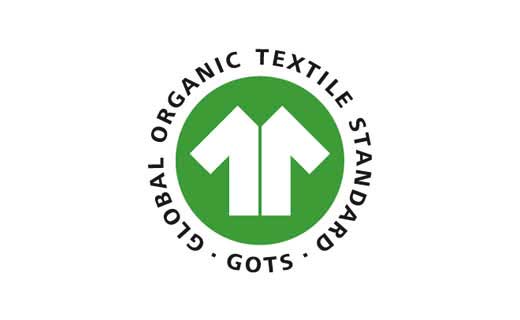
Global Organic Textile Standard (GOTS)
The Global Organic Textile Standard (GOTS) is the worldwide leading textile processing standard for organic fibers through covering social, chemical and environmental requirements in every stage of processing units.
Jun
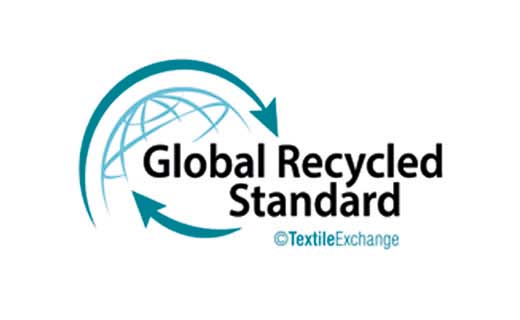
Global Recycled Standard (GRS)
The GRS is an international, voluntary, full product standard that sets out requirements for third-party certification of recycled content, chain of custody, social and environmental practices and chemical restrictions.
Jun
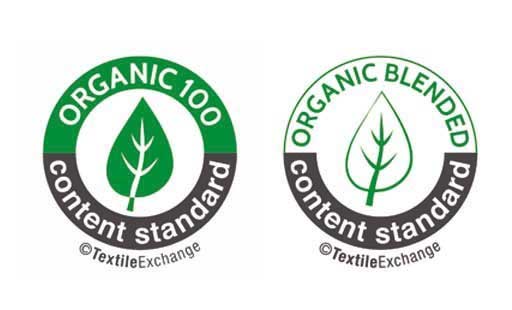
Organic Content Standard (OCS)
The OCS applies to any non-food product containing 5-100 % organic material. It verifies the presence and amount of organic material in a final product.
Jun
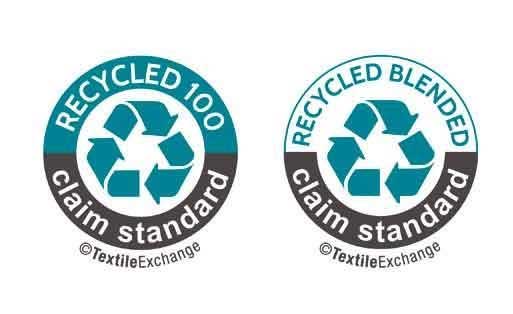
Recycled Claim Standard (RCS)
The Recycled Claim Standard (RCS) is an international, voluntary standard that sets requirements for third-party certification of Recycled input and chain of custody.
Jun
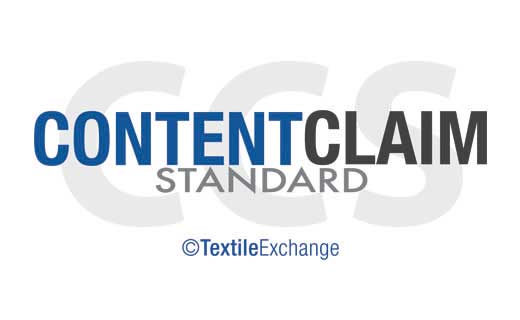
Content Claim Standard (CCS)
The aim of the Content Claim Standard (CCS) is to ensure the accuracy of content claims. The CCS accomplishes this goal by verifying the presence and amount of a given raw material in a final product.
